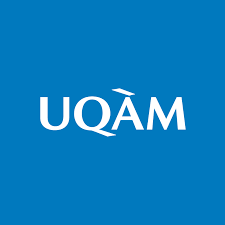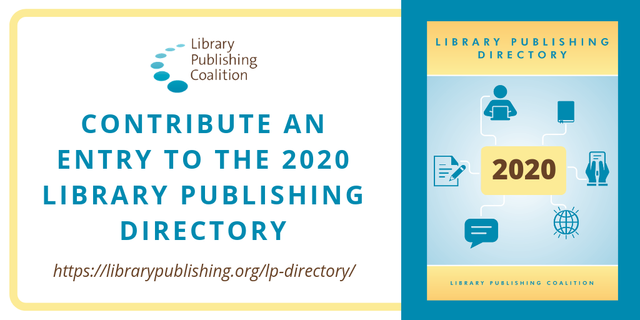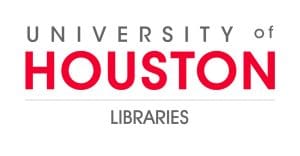Nominations open for the second annual Award for Exemplary Service
By Melanie Schlosser
As participation in library publishing grows, community involvement and leadership has become increasingly important for the profession. To encourage and recognize such service, the Library Publishing Coalition (LPC) gives out an annual Exemplary Service Award. The award recognizes substantial contributions by an LPC community member to advancing the mission, vision, or values of the Library Publishing Coalition. The award will consist of a complimentary registration to the 2020 Library Publishing Forum (May 4-6, Worcester, MA) and a $50 gift card.
Nominations, including self-nominations, may be submitted to the LPC Board by any member of the LPC community. Anyone who is at an LPC member institution can nominate someone. Deadline for nominations is Friday, October 18th. Please use the nomination form and include the nominee’s name, affiliation, and email address, as well as a brief statement on why the nominee deserves the award. The winner will be announced in December.
Criteria for the award
Awardees must:
- Have contributed substantially to advancing the mission, vision, or values of the Library Publishing Coalition through service.
- Have served on an LPC committee or task force within the last three years.
- Be currently employed by an LPC member institution.
- Not be currently serving on the LPC Board.
Substantial contributions may include:
- Effective leadership of or exemplary contributions to a committee or task force.
- Advocacy on behalf of the LPC or the creation or strengthening of LPC relationships with other groups.
- Significant contributions to the creation of a new program within the LPC or to the expansion, or adoption, of programs and services for members.
 Cheryl is Director of the Digital Publishing Collaborative at Wayne State University Libraries, where she is building a digital publishing pedagogy based on open-access and multimedia-driven work. She is the Project Director for Vega, an open-source academic publishing platform, and serves as the executive director of the Council of Editors of Learned Journals. Since 2006, Ball has been lead editor of the peer-reviewed, open-access journal
Cheryl is Director of the Digital Publishing Collaborative at Wayne State University Libraries, where she is building a digital publishing pedagogy based on open-access and multimedia-driven work. She is the Project Director for Vega, an open-source academic publishing platform, and serves as the executive director of the Council of Editors of Learned Journals. Since 2006, Ball has been lead editor of the peer-reviewed, open-access journal 





